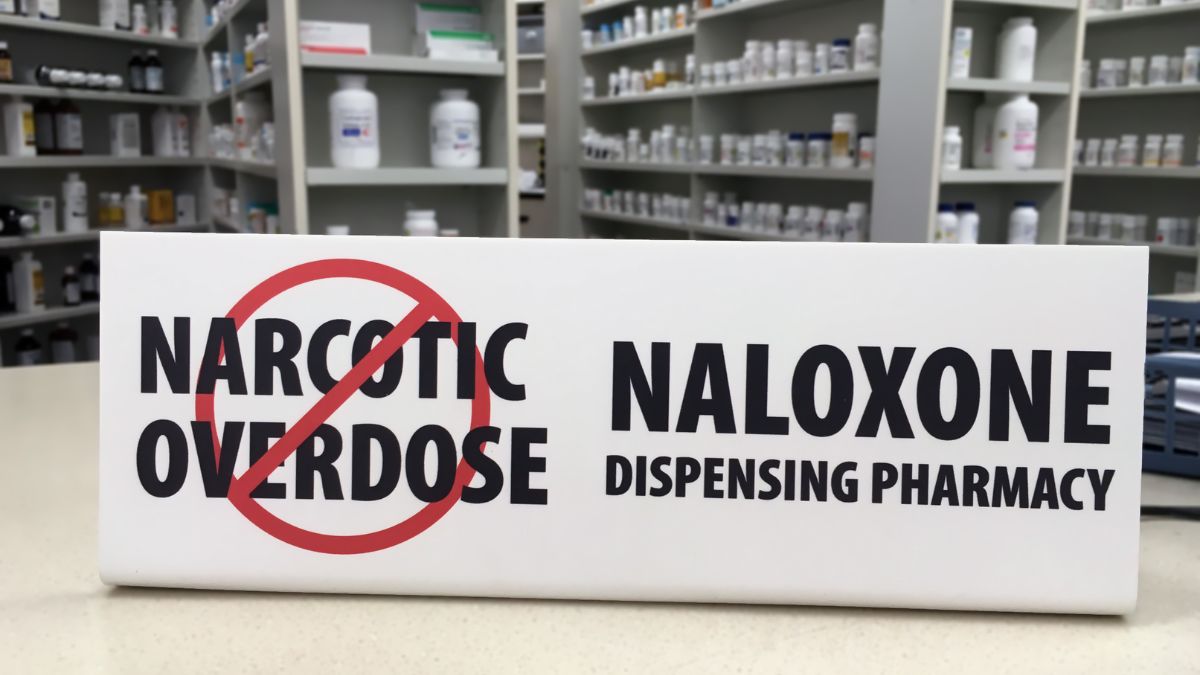In a significant shift from previous years, Illinois recorded an 8.3% decline in overdose deaths in 2023—the first decrease since 2018. The drop exceeds the nationwide decline of 4%, with opioid-related deaths in the state decreasing by 9.7% compared to a 3% drop nationally, according to new data released by the Illinois Department of Public Health (IDPH).
Gov. JB Pritzker credits targeted investments and expanded harm reduction efforts for the progress. “My administration has worked closely with community providers, experts in the field, and people in recovery to produce a comprehensive statewide overdose response plan anchored in equity—and today’s announcement reflects those efforts,” Pritzker said. “From expanding overdose education and Naloxone distribution services to increasing access to recovery homes, we are seeing how our targeted investments are making a difference and saving lives.”
Despite the overall decline, racial disparities in overdose deaths remain a pressing issue. Black Illinois residents continue to face higher overdose death rates than other racial groups. Efforts to address this include initiatives like the West Side and South Side Heroin/Opioid Task Forces and community-based recovery services.
Key Findings from the IDPH Semiannual Overdose Report:
- Illinois saw 3,502 total overdose deaths in 2023, 317 fewer than in 2022.
- Opioid-related deaths dropped from 3,160 in 2022 to 2,855 in 2023, a decrease of 9.7%.
- Deaths from synthetic opioids (including fentanyl and fentanyl analogs) fell by 9.5%.
- Heroin-related deaths declined by 21.2%, while deaths linked to natural and semisynthetic opioids fell by 17.4%.
- Fatal overdoses involving xylazine, a sedative sometimes mixed with opioids, rose 6.4% to 249 deaths.
State officials attribute the decline in overdose deaths to multiple factors, including widespread Naloxone distribution, expanded harm reduction outreach, fentanyl test strips, and increased access to treatment programs. The Illinois Department of Human Services (IDHS) has distributed over one million two-dose Narcan kits to community organizations, hospitals, and clinics over the past four years. The state has also expanded its Medication Assisted Recovery (MAR) in Jails program, now operating in 32 counties.
IDPH also unveiled an upgraded Overdose Data Dashboard designed to provide clearer, more accessible data for researchers and the public. The expanded platform includes statistics on substances such as cocaine, benzodiazepines, and alcohol and allows users to download data. Online training sessions for the dashboard will be held on March 19, 2025.
IDPH Director Dr. Sameer Vohra noted the progress but emphasized the need for continued efforts. “This decrease is a testament to the leadership of Governor Pritzker and the joint and sustained effort from our communities, advocates, and family members to address this public health crisis,” Vohra said. “However, much more work needs to be done. Our goal remains implementing evidence-based solutions to further decrease overdose deaths here in Illinois.”
For individuals seeking help with opioid use disorder, resources are available 24/7 through the Medication Assisted Recovery Now (MAR NOW) service. Care managers can assist with treatment options and connect individuals to providers for immediate appointments and medication prescriptions.
Support is accessible via the Illinois Helpline at https://helplineil.org, by calling 833-234-6343, or by texting “HELP” to 833234.
